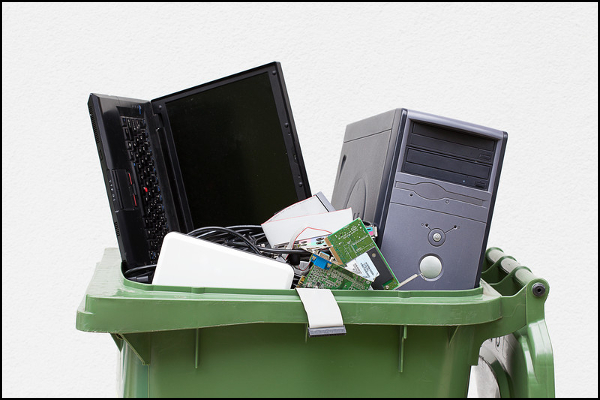When did you last upgrade your ERP system? Not just added a few new tools or patches, or upgraded to the latest version of your software. But really upgraded it. Completely overhauled it from the ground up, so that it meets your current business objectives.
If it hasn’t been for a while, then your legacy ERP system may well be holding your business back.
While implementing a new system will undoubtedly cost money, old and out-dated IT software has drawbacks that could be costing even more.
What are the Drawbacks of Legacy ERP Software?
Your legacy ERP software is probably based on old technology and is running on servers or computers with processors that aren’t as fast as today’s. The technology may have initially been developed in the floppy disk or dial up modem era. Such technology, which is often peppered with patches and fixes, doesn’t ever run as smoothly as a new implementation.
If you’re running an old system, then you will likely be relying on spreadsheet accounting. Termed “spreadsheet hell” by many, it inhibits growth and operational innovation.
Legacy systems are commonly based on a series of disparate IT solutions that frequently don’t “join up”. If your system relies on multiple different pieces of software integrating with each other, then crashes and full-on breakdowns can occur.
Legacy ERP systems often have huge maintenance fees and can cost more than today’s systems. Not just in terms of the financial outlay required for buying and maintaining hardware, but also with regard to the numbers of people needed to maintain and run the infrastructure. Large proportions of IT budgets are being spent on maintaining systems rather than innovating and meeting current business needs.
If your current systems are more than say 10 years old, they are based on a version of your company that perhaps doesn’t exist now. According to Forrester, “approximately half of ERP customers are on releases that are two versions behind the current release, which may be four years old or more.” And perhaps your systems are even older than that. We’re back to the floppy disks and pre-internet era again. Your company – and definitely its employees – has moved on. Your people work in a disruptive, rapidly-changing environment and expect their business software to run like they run their own apps and internet-based solutions.
What are the Benefits of Upgrading to a New ERP System?
One benefit of updating your ERP is that you can take advantage of a move to the cloud. More and more businesses are doing just this. In fact, the Cloud Industry Forum reports that more than four in five (84%) of businesses currently use cloud-based services. Moving software operations to the cloud can reduce capital expenditure, improve IT reliability and mitigate the risk of data loss.
Additionally, your software is always up to date and doesn’t require any maintenance spend or time and effort to install patches, fixes or updates.
Newer ERP systems also cover many aspects of business these days. They can unify your operations, bringing together functional departments, such as operations, distribution, purchasing, marketing, finance and accounting. They bring systems that manage not only finance and accounting, but also CRM, manufacturing, ecommerce, supply chain, logistics, warehousing, product development and HR.
Finally, a new ERP system can help you to get ahead of your competitors. With so many companies still using outdated software, the ones that innovate are the ones that will progress.
Is it Time to Upgrade Your Legacy ERP?
It is a testing time for companies when deciding to upgrade the business’s entire IT system. There are inevitably additional costs to be borne, and the process comes with a degree of upheaval. Even the planning and scoping of a new system is daunting to some.
But the costs of not upgrading could be greater. If your business is being held back by its current system, then you are missing out on running your operations more efficiently and effectively, and in turn you could be alienating customers, resulting in lost revenue and profit. It could be time for you to bin that legacy ERP system and move on.
If you would like to investigate implementing a new ERP system, one that is better-aligned with your business, please call us on 020 8819 9071 or contact us using the website form.
Image purchased from canstockphoto.com
